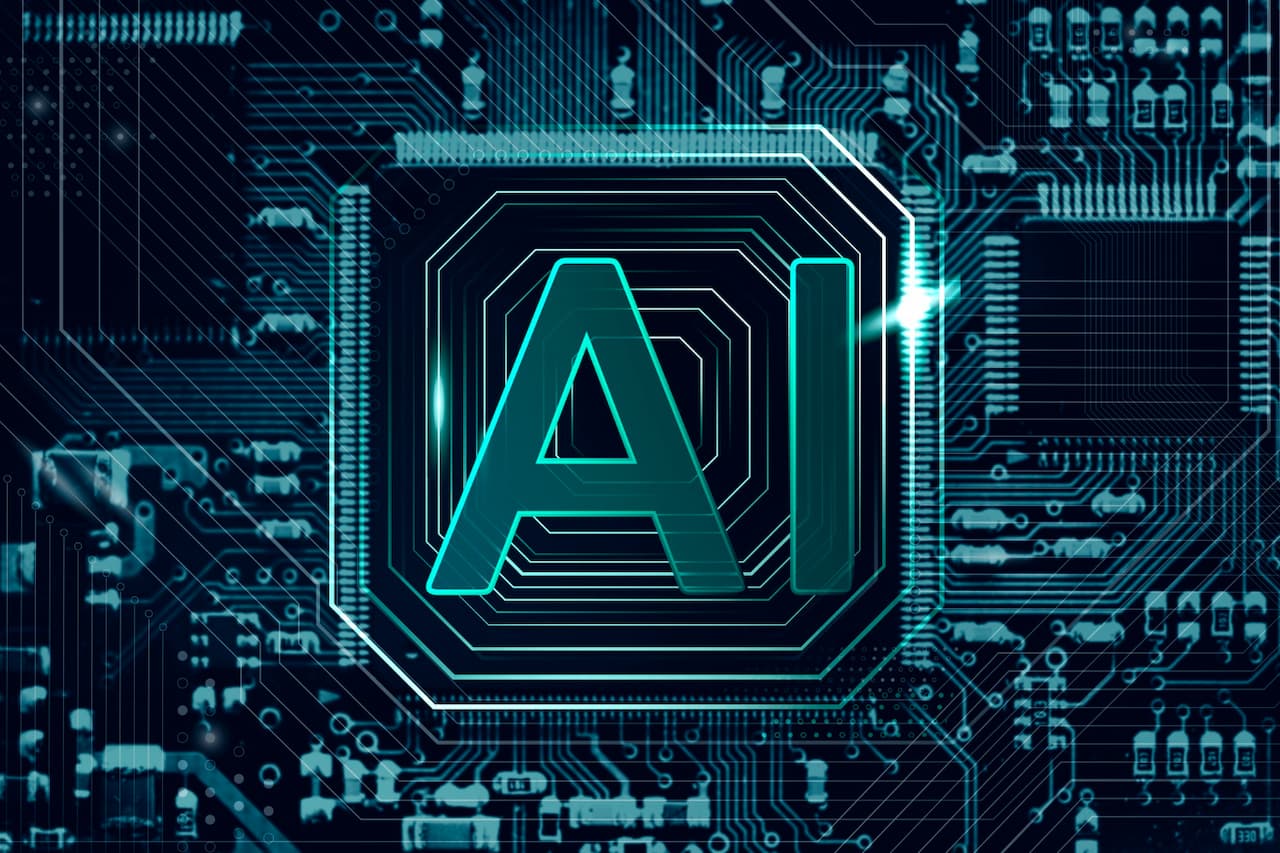In a world where technology is advancing at an unprecedented pace, artificial intelligence (AI) has emerged as a groundbreaking force of innovation. From chatbots answering our questions to self-driving cars navigating the streets, AI is reshaping the way we live and work. However, amid this era of progress, a crucial question arises: How do we balance the relentless drive for technological advancement with the ethical principles that underpin our society?
The AI Revolution
AI, formerly a notion limited to the realms of science fiction, has seamlessly integrated into our daily existence. It represents the cognitive abilities exhibited by machines, enabling them to acquire knowledge, engage in logical thinking, and autonomously arrive at conclusions. AI’s omnipresence is unmistakable, with applications ranging from virtual assistants such as Siri and Alexa, which simplify our daily tasks through voice commands, to sophisticated algorithms that drive the intricacies of financial markets, optimizing transactions and investment decisions.
The Ethical Dilemma
As AI continues to permeate every aspect of our lives, it brings with it a profound ethical dilemma. On one hand, there’s the promise of technological progress that can solve complex problems and make our lives more convenient. On the other hand, there are ethical concerns about how AI is developed, implemented, and used.
Understanding AI Ethics
Defining AI Ethics
AI ethics, in its simplest form, refers to the moral and ethical considerations surrounding artificial intelligence. It involves questioning the impact of AI on society, individuals, and our shared values.
The Role of Principles
Principles serve as the compass guiding the development and use of AI. They provide the foundation upon which ethical AI is built, ensuring it aligns with human values.
The Rapid Advancement of AI
AI in Everyday Life
From predicting our online shopping preferences to enhancing medical diagnostics, AI is already part of our everyday experiences. It’s become so integrated that we often don’t even realize when we’re interacting with AI systems.
Technological Progress
The rapid advancements in AI are nothing short of astonishing. What was considered cutting-edge yesterday is outdated today. This relentless progress drives innovation, but it also raises ethical questions about the consequences of unchecked development.
Ethical Concerns in AI Development
Bias and Discrimination
One of the pressing concerns is the presence of bias and discrimination in AI algorithms. When AI systems are trained on biased data, they can perpetuate societal biases, leading to unfair outcomes.
Privacy Invasion
AI’s ability to analyze vast amounts of data raises privacy concerns. Who has access to our data, and how is it being used? These questions become critical in an era of surveillance and data collection.
The AI Principles Framework
Transparency
Transparency in AI means that the inner workings of algorithms are open and understandable. It ensures that AI decisions are not shrouded in secrecy, enabling accountability.
Fairness
Fairness in AI is about ensuring that AI systems treat all individuals and groups equitably. It involves identifying and mitigating biases to prevent discrimination.
Accountability
Accountability holds developers and organizations responsible for the consequences of AI systems. It establishes a framework for addressing errors and harms caused by AI.
Navigating the Challenges
AI Regulation
Governments and regulatory bodies are racing to catch up with AI. Regulations are being put in place to ensure that AI is developed and used responsibly.
Corporate Responsibility
Tech companies are taking steps to address ethical concerns proactively. Many are establishing ethical AI guidelines and investing in AI ethics research.
AI in Healthcare
Ethical Considerations
In healthcare, AI can enhance diagnostics and treatment. However, ethical considerations, such as patient privacy and data security, must be at the forefront.
Benefits and Risks
AI has the potential to save lives, but it also carries risks. A misdiagnosis by an AI system could have dire consequences, highlighting the need for ethical oversight.
AI in Law Enforcement
Ethical Challenges
The use of AI in law enforcement raises complex ethical questions. Predictive policing, facial recognition, and surveillance technologies must balance security with individual rights.
Balancing Security and Privacy
Finding the right balance between using AI to enhance public safety and respecting privacy rights is a significant challenge for law enforcement agencies.
The Future of AI Ethics
AI and Human Values
As AI continues to evolve, it’s crucial to ensure that it aligns with our core human values. Ethics must be at the forefront of AI development to prevent unintended consequences.
Ensuring Ethical AI
The future of AI ethics lies in the hands of policymakers, developers, and society as a whole. It’s a shared responsibility to ensure AI benefits us all without compromising our principles.
Conclusion: Striking a Balance
Balancing progress and principles in the age of AI is undoubtedly challenging, but it’s a challenge we must embrace. As we continue to harness the power of AI, let’s remember that our ethical compass should always guide our path. The future of AI depends on it, and so does our future as a society.

